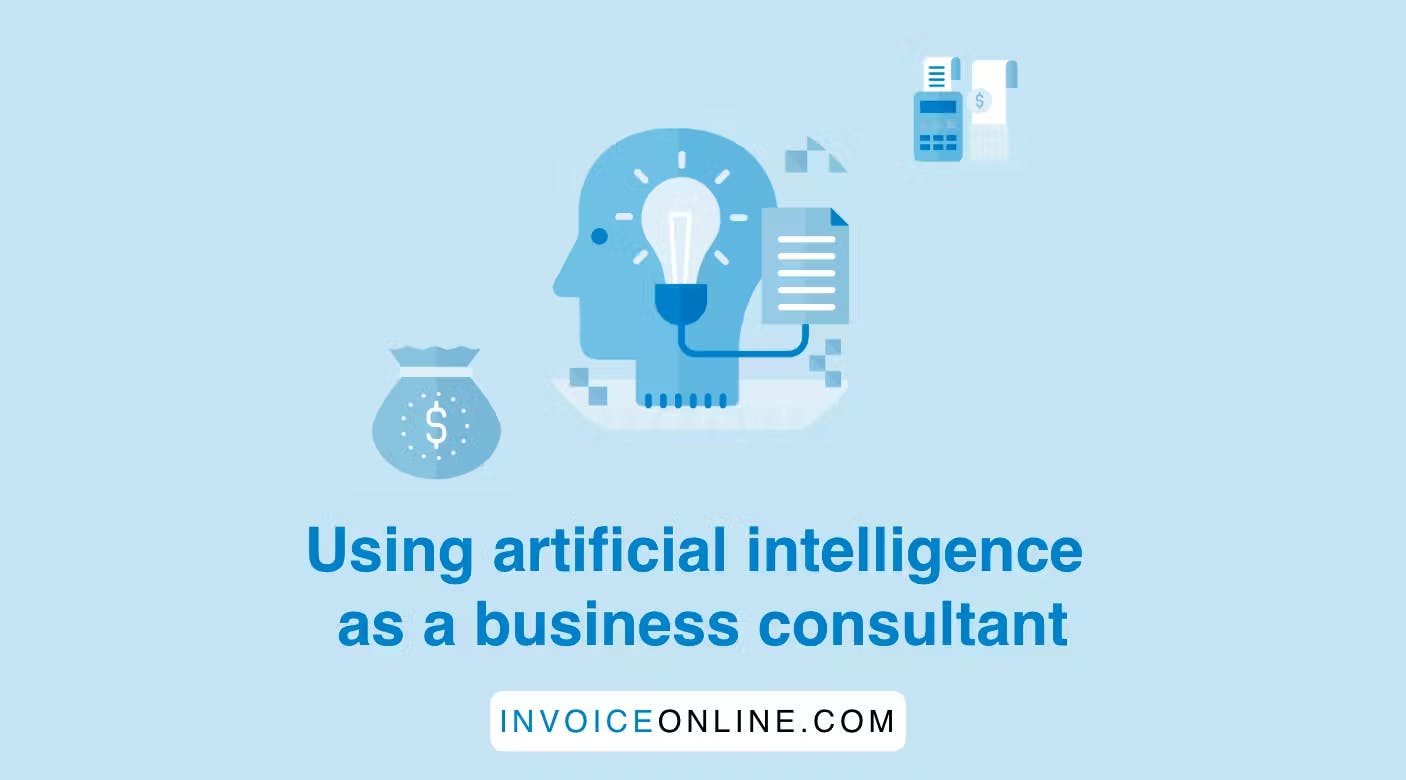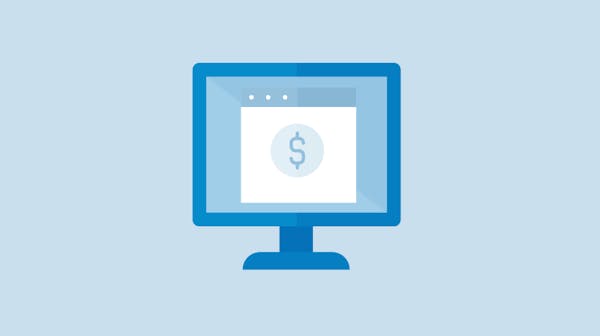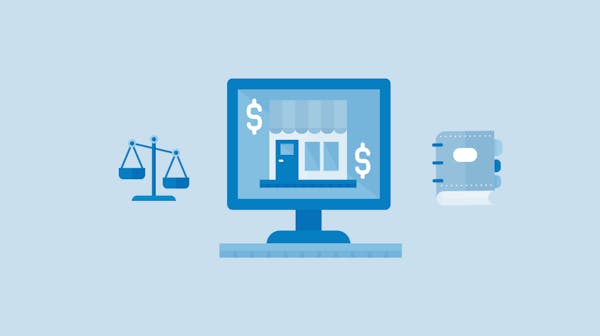In this series of articles, we illustrate the possibilities of using AI as a consultant to help you make decisions within your business.
Specifically, we will focus on the opening of a small Italian grocery store and coffee shop in a small town. Thus, we illustrate how to use such a tool and how it can help in decision-making.
I would like to open a small Italian grocery store and coffee shop in a small town. What would be the advantages and disadvantages of such a business?
Running a retail and catering business can bring many challenges, but also opportunities. Here are some advantages and disadvantages of opening a small Italian grocery store and café in a small town:
Advantages:
Less competition: there may be less competition in a small town than in larger cities, which can give you an advantage. If you are the only store of your kind in the area, you may attract customers looking for Italian food and quality coffee.
Personal contact: A small town can bring stronger customer relationships. You can build a strong relationship with the community and become a favorite place for locals.
Lower costs: rent and operating costs are often lower in small towns than in large cities.
Disadvantages:
Smaller customer base: A small town means fewer potential customers. If you don't have enough customers, it can be difficult to keep the store open.
Limited access to suppliers: It could be harder to find Italian food suppliers if you are away from major cities or distribution centers.
Difficulty diversifying: If your business encounters difficulties, it may be harder to diversify your products or services in a small town.
When considering a business in a small town, it is important to do thorough market research and consider what your options are for growth and survival. It is also important to consider whether your products and services fit the needs and preferences of the local community.
How do I find out?
There are several strategies you can use to conduct market research and determine if your business idea is feasible:
→ Conduct research: You can ask residents if they would be interested in an Italian food and coffee shop. You can also find out what types of food and drinks they prefer, how often they would visit the shop or café and how much they would be willing to spend.
→ Study the competition: find out if there are similar shops or cafés in the area. If so, find out what products they offer, what their prices are, and how popular they are.
→ Demographic analysis: Find out more about the demographics of your town. How many people live here? What is their age distribution and income level? This can help you understand the potential demand for your product.
→ Evaluate supplier availability: find out if there are Italian food suppliers that could supply your store. Also, find out what the shipping costs would be and how this would affect your margins.
→ Interviews with other entrepreneurs: Talk to other entrepreneurs in small towns to find out what challenges and opportunities may arise.
→ Use professional services: you can also hire a market research firm to perform a comprehensive analysis for you if you have sufficient financial resources.
These steps will help you get a better idea of the potential success of your business idea.
What could be the unexpected threats to such a business?
A business always has a degree of risk and can face several unexpected threats. Here are some possible unexpected threats to a small Italian grocery and coffee shop:
→ Economic shocks: unpredictable events such as economic recessions can affect the purchasing power of customers and cause a drop in sales.
→ Health and safety issues: public health concerns, such as a pandemic, can limit a business's ability to operate, especially if it is a food service establishment.
→ Licenses and regulations: Find out what licenses and permits you will need to run your shop and café. This may include medical licenses, business licenses, and more.
→ Insurance: You will need various types of insurance, including property, liability, and possibly workers' compensation.
→ Cost and Expenses: You need to have a clear understanding of all the costs associated with running your business, including rent, utilities, payroll, contractors, and more. You will then price your products and services based on these costs and expected profits.
These are just some of the key factors to consider before starting a business. It may also be helpful to consult your plan.
What could be the unexpected costs?
When opening a new grocery store and café, there can be various unexpected costs. Here are some examples:
Maintenance and repairs: equipment such as coffee machines, refrigeration equipment, or ovens may require costly maintenance or repairs. Similarly, it can be expensive to repair or replace damaged or outdated equipment.
Increased supplier costs: Food and beverage prices can change depending on various factors such as changes in supply and demand, weather, political situations, etc. This may mean you have to pay more for your supplies than you originally anticipated.
Insurance costs: if there is a business change or if there is an incident that increases your risk (such as fire or theft), your insurance rates may increase.
Tax costs: Tax laws and rates can change and may affect your costs. In addition, if you make more than you expected during the year, you may end up with a higher tax liability.
Employee training and training costs: If you hire new employees or if laws or regulations change that affect your business, you may need to pay for their training and education.
Marketing and advertising costs: You might find that you need to spend more on marketing and advertising than you originally planned to attract customers.
Licensing and permit costs: The cost of obtaining the necessary licenses and permits can vary and can change over time.
These and other unexpected costs can have a significant impact on your financial results, so it's important to have a reserve fund to help cover unexpected expenses.
What is easy to underestimate?
When opening a new grocery store and coffee shop, several areas are often underestimated:
Time and effort: Owning and operating a small grocery store and café requires a lot of time and effort. Many new entrepreneurs underestimate how much time is spent working, which can lead to exhaustion and burnout.
The complexity of inventory management: Proper inventory management is crucial to the success of a retail business, but it can be complex and time-consuming. Underestimating this area can lead to losing money due to wasted or insufficient inventory.
Employee Costs: Payroll is only one part of employee costs. You must also include the cost of benefits, training, recruiting, and other related costs.
The importance of marketing and promotion: many new entrepreneurs underestimate how much time, effort, and money it will take to effectively market and promote their business.
Costs of maintaining the store: In addition to the initial costs of opening a store, there are ongoing costs for maintenance and repairs, utilities, cleaning costs, utility fees, etc. that may be higher than originally anticipated.
Legal and regulatory requirements: Compliance with all relevant legal and regulatory requirements can be complex and costly. It can also be difficult to keep up with any changes in these areas.
Customer Service: Providing excellent customer service is critical to the success of any retail business, but can be challenging and requires ongoing attention and resources.
Uncertainty and risk: Many new entrepreneurs underestimate the realities of uncertainty and risk, which can lead to a lack of preparation for potential challenges and difficulties. It is important to have a risk management strategy and a plan for dealing with unexpected issues.
Market changes: Markets change rapidly and you need to be prepared for changes in customer behavior, competitors, supply chains, and other factors. It is important to have a strategy to adapt and respond to these changes.
The importance of networking: Networking and building relationships with your local community, suppliers, other businesses, and customers can play a key role in the success of your business. Many entrepreneurs underestimate how important active and effective networking can be.
Reinvesting profits: Once the business starts generating a profit, it is important to reinvest some of that money back into the business, for example in marketing, expanding the product line, or improving the premises.
How can I find out as cheaply as possible that the business is worthwhile and will work for me specifically?
Before starting a business, it is important to take several preliminary steps to minimize risk as much as possible and to establish whether your business idea is viable. Here are some ways to do this:
Market research: the first step is to understand the market in which you are going to do business. This means finding out who your potential customers are, what the competition is like, and what the current trends in the industry are. This can include questionnaires, interviews, social media monitoring, and competitive and
Financial forecasts: the next step is to create financial forecasts. This means estimating how much money you will need to start the business, how much money you expect to make, and what your operating costs will be.
Small Scale Test: One of the best ways to see if your business idea will work is to test it on a small scale. This could mean launching a pop-up shop or market stall, selling online or via social media, or even hosting a tasting for potential customers.
Customer feedback: don't forget to ask customers for their opinions. You can do this through surveys, questionnaires, or simply by asking them directly. This feedback can help you understand what works and what needs to be improved.
Trial and error: Finally, it's important to be prepared for the fact that things might not go right the first time. You can learn from these mistakes and use them to improve your business.
This way, you can find out as cheaply as possible whether the business is worthwhile and whether it will work for you specifically without having to invest a large amount of money.
How to find out as cheaply as possible that the business is worthwhile and will work for me specifically?
Before starting a business, it is important to take some preliminary steps to minimize risk and determine whether your business idea is viable. Here are some ways to do this:
Market research: the first step is to understand the market in which you are going to do business. This means finding out who your potential customers are, what the competition is like, and what the current trends in the industry are. This can include questionnaires, interviews, social media monitoring, and competitive analysis.
Financial forecasts: the next step is to create financial forecasts. This means estimating how much money you will need to start the business, how much money you expect to make, and what your operating costs will be.
Small Scale Test: One of the best ways to see if your business idea will work is to test it on a small scale. This could mean launching a pop-up shop or market stall, selling online or via social media, or even hosting a tasting for potential customers.
Customer feedback: don't forget to ask customers for their opinions. You can do this through surveys, questionnaires, or simply by asking them directly. This feedback can help you understand what works and what needs to be improved.
Trial and error: Finally, it's important to be prepared for the fact that things might not go right the first time. You can learn from these mistakes and use them to improve your business.
This way, you can find out as cheaply as possible whether the business is worthwhile and whether it will work for you specifically without having to invest a large amount of money.
Figure out a way for me to try the Small Scale Test. Give me specific step-by-step instructions and how to evaluate this test.
Sure, here's a suggestion on how to test your business on a small scale:
Identify the key aspects of your business: determine what is most important to your business and what you want to test. This can be your products (Italian food and coffee), pricing, target market, marketing strategies, etc.
Plan a small opening or event: for example, you could hold an Italian food and coffee tasting in the local community or at a local market. Consider setting up a "pop-up" booth at a local event or market.
Prepare: Buy the necessary ingredients, prepare the products, create marketing materials, etc.
Promote the event: use social media, local newspapers, flyers, etc. to let people know about your event. You can also use your contacts and networks to spread the word.
Run the event: At the event, provide samples of your products, interact with attendees, collect feedback, and observe how they react to your products and pricing.
Collect Data: After the event, collect all the information you gathered. This can include sales, customer feedback, number of visitors, etc.
Throw out data: compare your expectations with what happened. What worked? What didn't? What was the customer's reaction? Were they willing to pay the prices you set?
Make Adjustments: Based on this information, make the necessary adjustments to your business plan.
This process will help you gain valuable insights into how your business could work on a larger scale, and also allow you to test different aspects of your business and make the necessary adjustments.
Using AI as a consultant in business planning can be very useful, even in the case of opening a small Italian grocery store and café in a small town. Overall, using AI as a consultant can help us make decisions in different areas of the business and improve our results and efficiency.




